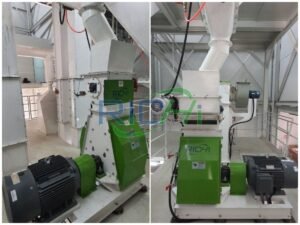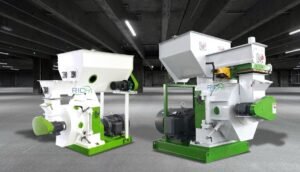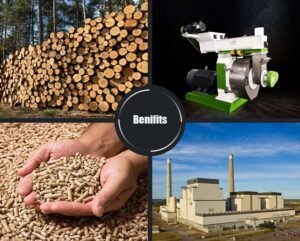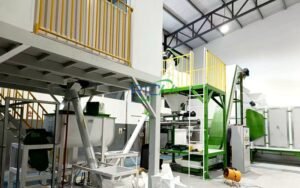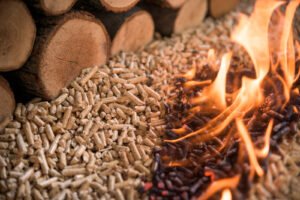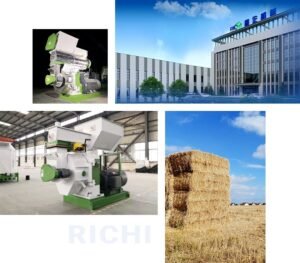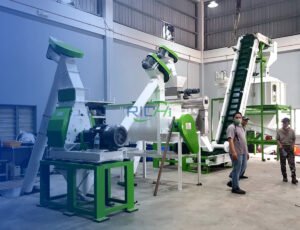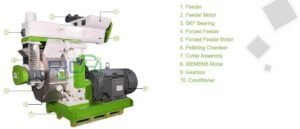
In the realm of sustainable agriculture and renewable energy, an unexpected hero emerges: chicken manure. Once considered a waste by-product with limited disposal options, chicken manure is now at the forefront of innovative environmental solutions. This essay explores the dual utility of chicken manure, both as a source of renewable energy and as a base for organic fertilizer, highlighting its significance in today’s ecological and agricultural practices.
Chicken Manure as a Renewable Energy Source
The concept of “Poultry Power” is rooted in the idea that chicken manure can be transformed into a valuable energy resource. Through processes such as anaerobic digestion, chicken manure is converted into biogas, primarily composed of methane, which can then be used to generate electricity and heat. This process not only offers a sustainable alternative to fossil fuels but also addresses the environmental challenges associated with manure management.
Anaerobic digestion facilities harness the natural breakdown of organic matter in the absence of oxygen, capturing methane that would otherwise be released into the atmosphere as a potent greenhouse gas. The energy produced from this process is renewable and reduces our reliance on non-renewable energy sources, contributing to the mitigation of climate change. The transformation of chicken manure into energy exemplifies a successful model of waste-to-wealth, showcasing how agricultural by-products can be repurposed into sustainable energy solutions.

The Usefulness of Organic Fertilizer Derived from Chicken Manure
Beyond its potential for energy production, chicken manure holds immense value as a base for organic fertilizer. Rich in nitrogen, phosphorus, and potassium, chicken manure is an excellent nutrient source for crops. When processed into organic fertilizer, it provides a myriad of benefits to the soil and plants, fostering healthy growth and increasing yield without the adverse environmental impacts associated with synthetic fertilizers.
Enhancing Soil Health
Organic fertilizer derived from chicken manure improves soil structure, increases its water-holding capacity, and introduces beneficial microorganisms. This enhancement of soil health is crucial for sustainable farming practices, ensuring that land remains productive for future generations.
Reducing Chemical Use
The use of organic fertilizer reduces the need for chemical inputs in agriculture. By minimizing the reliance on synthetic fertilizers, farmers can avoid the potential for soil degradation, water pollution, and the buildup of toxic chemicals in the ecosystem. This shift towards organic fertilizers supports biodiversity, protects natural water sources, and contributes to the overall health of the environment.
Economic Viability
For farmers, converting chicken manure into organic fertilizer presents an economically viable solution to waste management. It provides an additional revenue stream while reducing fertilizer costs. The organic fertilizer market is growing, driven by increasing consumer demand for organically produced food, offering farmers the opportunity to tap into this lucrative market.
Closing the Loop
The conversion of chicken manure into organic fertilizer embodies the principles of a circular economy, where waste materials are recycled and repurposed to create value. This closed-loop system minimizes waste, conserves resources, and reduces environmental impact, exemplifying a sustainable approach to agriculture and waste management.
The innovative use of chicken manure, both as a source of renewable energy and as a base for organic fertilizer, represents a significant step towards sustainable agriculture and energy production. “Poultry Power” demonstrates the potential of agricultural by-products to contribute to environmental sustainability, economic viability, and food security. By harnessing the power of chicken manure, we can turn a waste problem into a solution, paving the way for a more sustainable and resilient future.
